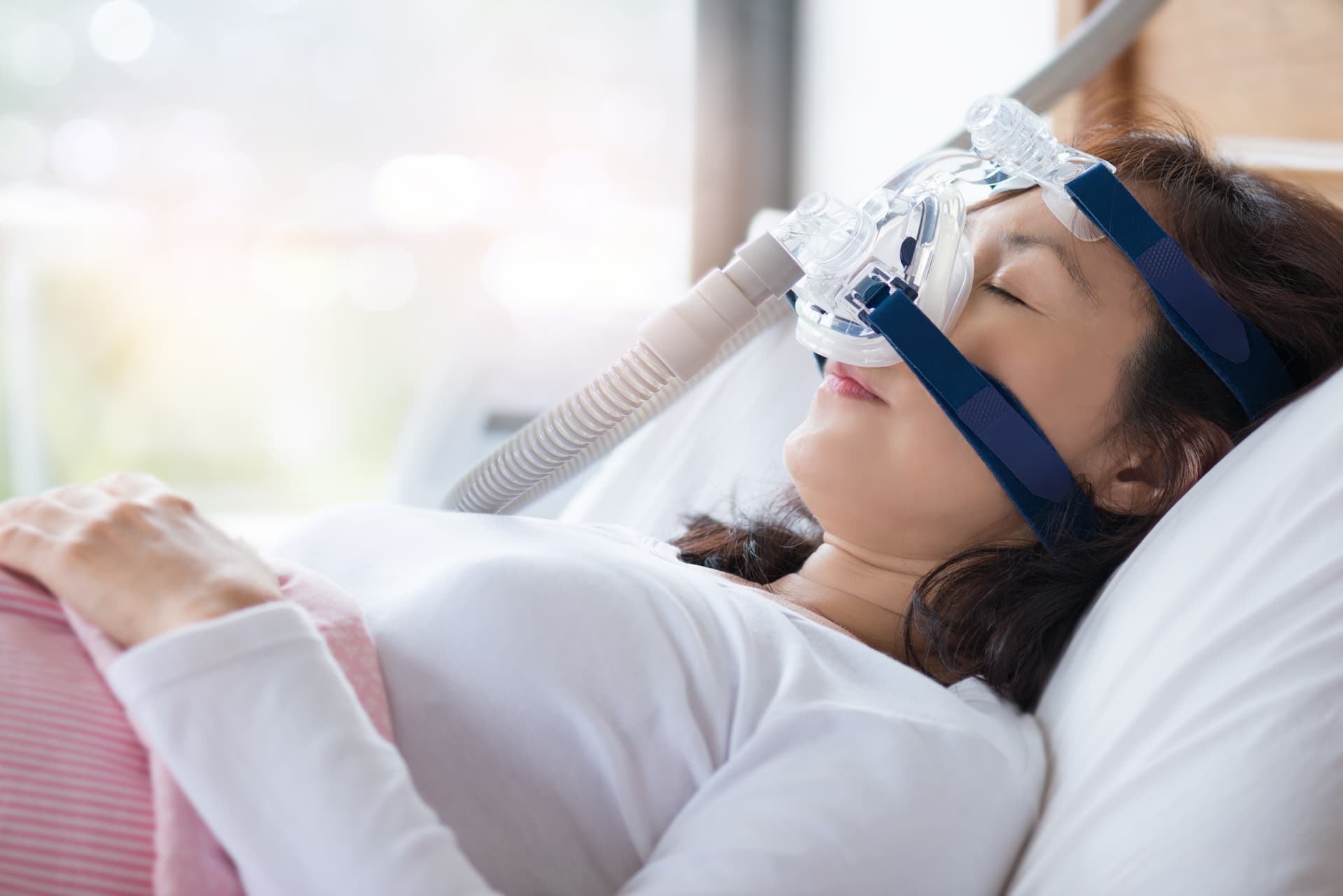Background
Currently, the only treatment for moderate or severe sleep apnea is sufferers wearing CPAP machines while they sleep. However, Snoretox is addressing this gap with their development of world-first therapeutic for treating sleep apnea and a range of other weak muscle conditions.
Solution
Labelled ‘the opposite of Botox’, Snoretox will use minute amounts of tetanus toxin to effectively tone and tighten muscles, as opposed to Botox’s relaxing of muscles.
On top of sleep apnea, Snoretox can potentially treat many low tone muscle conditions such as incontinence, snoring and floppy eyelids; alleviate symptoms of diseases such as multiple sclerosis, motor neuron disease and myopathy; and be applied for cosmetic and veterinary conditions.
Impact
Snoretox has been celebrated and acknowledged multiple times in the Medical Research and Technology industry. In 2021, they won a Medical Research Future Fund (MRFF) 2021 Frontier Health and Medical Research Initiative Grant. In 2022, the team won a research commercialisation grant by the US Medical Technology Enterprise Consortium. And in a 2022 media release announcing Breakthrough Victoria Funding, Snoretox was named as an example of “a company commercialising RMIT-developed technology.”
Support
Snoretox was supported by the Enabling Impact Platforms through funding, as well as use of RMIT laboratories.





